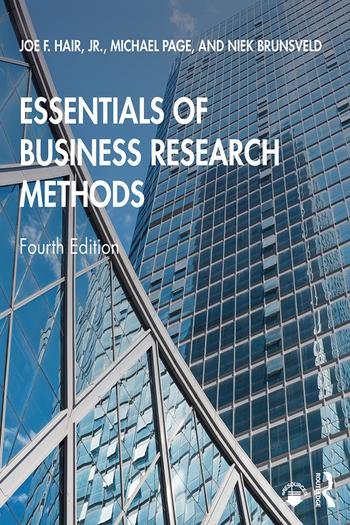Question
Read the following passage and then answer the question below: The current theory about earthquakes holds that they are caused by adjoining plates of rock
Read the following passage and then answer the question below:
The current theory about earthquakes holds that they are caused by adjoining plates of rock sliding past each other; the plates are pressed together until powerful forces overcome the resistance. As plausible as this may sound, at least one thing remains mysterious on this theory. The overcoming of such resistance should create enormous amounts of heat. But so far no increases in temperature unrelated to weather have been detected following earthquakes.
Which one of the following most accurately expresses the main conclusion of the argument?
(A) No increases in temperature have been detected following earthquakes.
(B) The current theory does not fully explain all the known facts concerning earthquakes.
(C) No one will ever be sure what the true cause of earthquakes is.
(D) Earthquakes produce enormous amounts of heat that have so far gone undetected.
(E) Contrary to the current theory, earthquakes are not caused by adjoining plates of rock sliding past one another.
Question 2: Evaluating simple arguments
Evaluate the following arguments, answering the following questions:
(1) Do the premises support the conclusion? That is, if all the premises were all true, would they provide a sufficient reason to accept the conclusion?
(2) Are the premises all true?Make some research here. Provide citations for your sources (URLs are fine). If a premise is not a straightforwardly factual matter, then you should a) state whether you would accept the premise or not and b) give at least one reason why or why not.
(3) Overall, is the argument sound? Briefly explain why or why not.
EXAMPLE ANSWERS
Example 1
1. All ungulates have hooves 2. Goats do not have hooves
Therefore: C. Goats are not ungulates
(1) Do the premises support for the conclusion? If the premises were all true, the conclusion would have to be true too, so the premises support the conclusion. If goats do not have hooves, then they cannot be ungulates if the first premise is true.
(2) Are the premises all true?
The term 'ungulate' can be defined as 'animal with hooves', so the first premise is true. Some research on the internet shows that goats do have hooves however, so the second premise is false. (Sources: Wikipedia entries on 'ungulate' and 'cloven hooves').
(3) Overall, is the argument sound? The argument is not sound. Although the premises support the conclusion, the second premise is false.
Step by Step Solution
There are 3 Steps involved in it
Step: 1

Get Instant Access to Expert-Tailored Solutions
See step-by-step solutions with expert insights and AI powered tools for academic success
Step: 2

Step: 3

Ace Your Homework with AI
Get the answers you need in no time with our AI-driven, step-by-step assistance
Get Started


